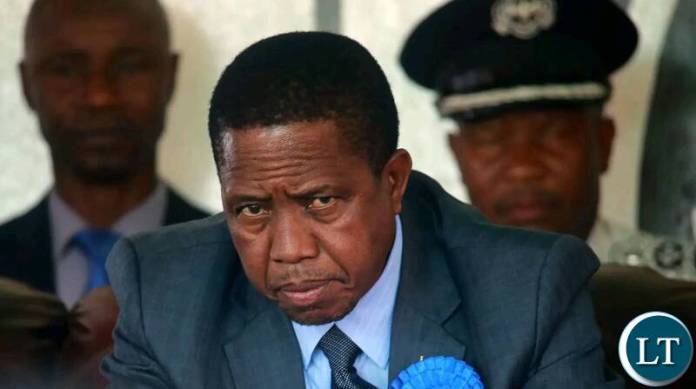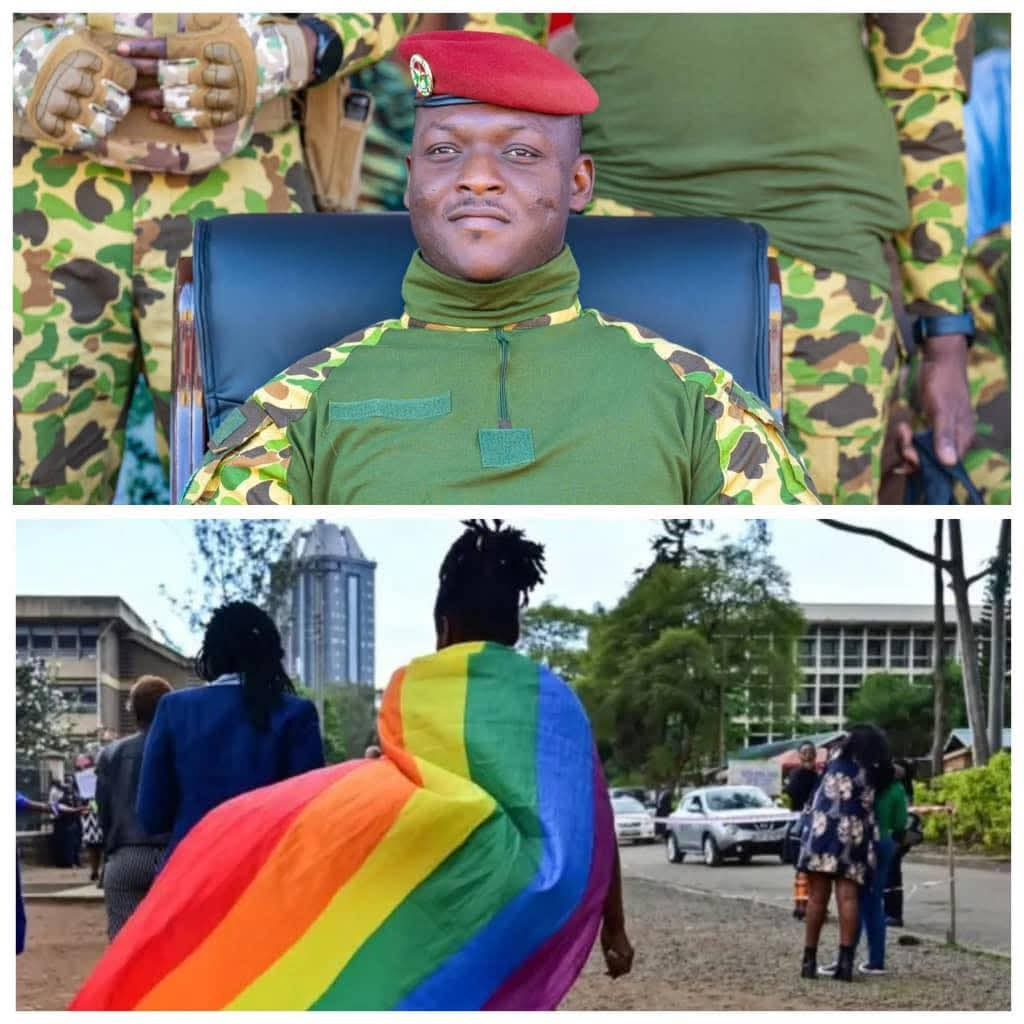By Burnett Munthali
In a surprising turn of events, former Zambian President Edgar Chagwa Lungu has officially filed a complaint against three judges of the Constitutional Court of Zambia. The complaint, lodged with the Judicial Complaints Commission, has sparked significant debate and raised questions about the independence of the judiciary in the country.
Lungu’s complaint centers around allegations of misconduct by the judges in relation to a case involving his political party, the Patriotic Front (PF). He claims that the judges exhibited bias and failed to uphold the principles of fairness and justice during proceedings concerning the party’s electoral disputes. The specific details of the complaint, which have not been fully disclosed, are said to include claims of procedural irregularities and inappropriate conduct during hearings.
In a statement released to the media, Lungu expressed his concerns about the integrity of the judiciary and the need for accountability among judges. “I believe that for our democracy to thrive, the judiciary must operate with the highest level of integrity and impartiality. When judges act outside these principles, it undermines the rule of law and the trust that the public places in our judicial system,” he stated.
Lungu’s actions come amidst a backdrop of political tension in Zambia, particularly following the 2021 elections, which saw a significant shift in power from the PF to the United Party for National Development (UPND), led by President Hakainde Hichilema. The PF has since raised concerns about what they perceive as a politically motivated judiciary, asserting that the current government seeks to suppress dissent and marginalize opposition voices.
Political analysts suggest that Lungu’s complaint may be a strategic move aimed at galvanizing support within the PF and drawing attention to perceived injustices faced by the party since the electoral defeat. “This complaint could be interpreted as Lungu’s attempt to rally his base and signal that he is still a relevant figure in Zambian politics,” said one analyst.
The timing of the complaint is also noteworthy, as it coincides with ongoing discussions regarding judicial reform in Zambia. Critics of the judiciary have long called for reforms to ensure greater transparency and accountability within the judicial system, particularly in the wake of controversial rulings that have favored the ruling party.
As the Judicial Complaints Commission reviews Lungu’s complaint, the focus will be on how this situation unfolds and whether it will lead to broader discussions about judicial independence and the role of the judiciary in Zambian politics. The outcome may have significant implications for Lungu, the PF, and the overall political landscape in Zambia.
In the meantime, Lungu continues to maintain a public profile, engaging with his supporters and participating in political discourse. His complaint against the Constitutional Court judges serves as a reminder of the ongoing challenges faced by the Zambian judiciary and the delicate balance between political power and judicial integrity.
As the nation watches, the developments surrounding this complaint may shape the future of both Lungu’s political aspirations and the role of the judiciary in Zambian democracy.




